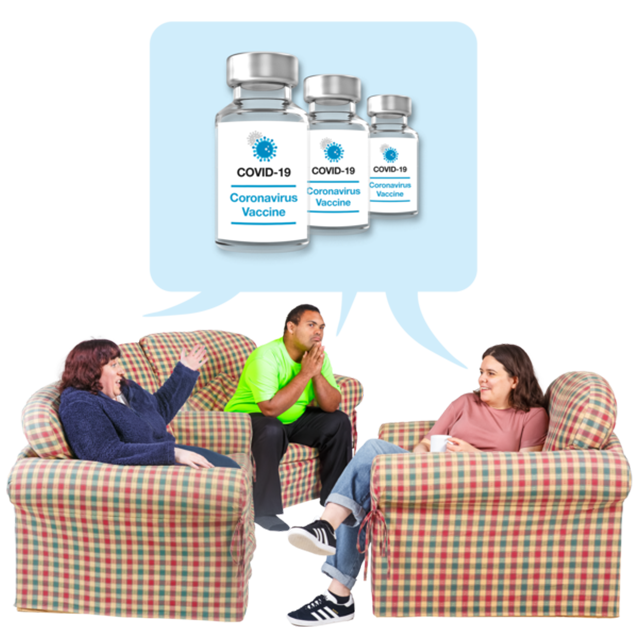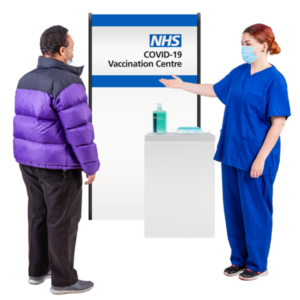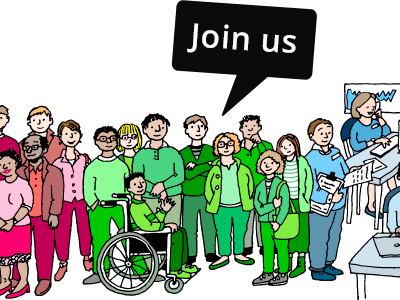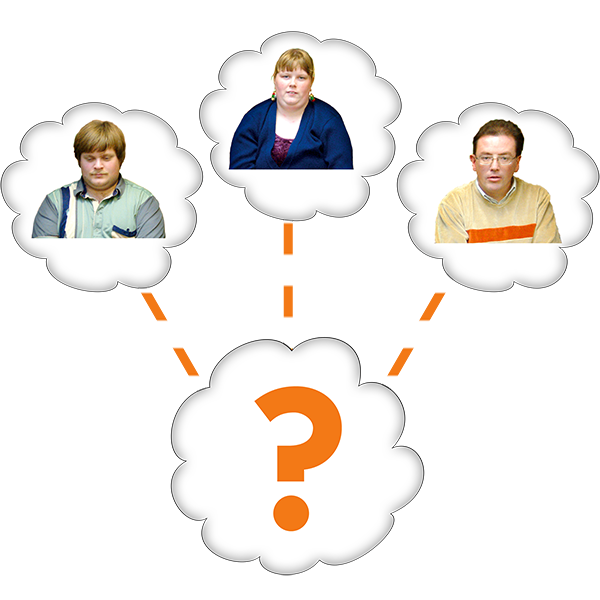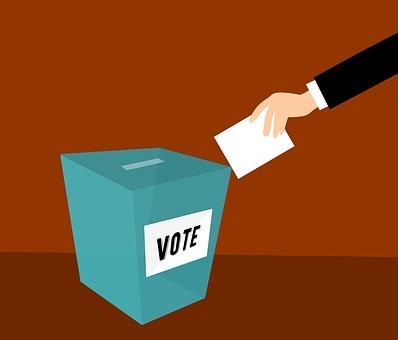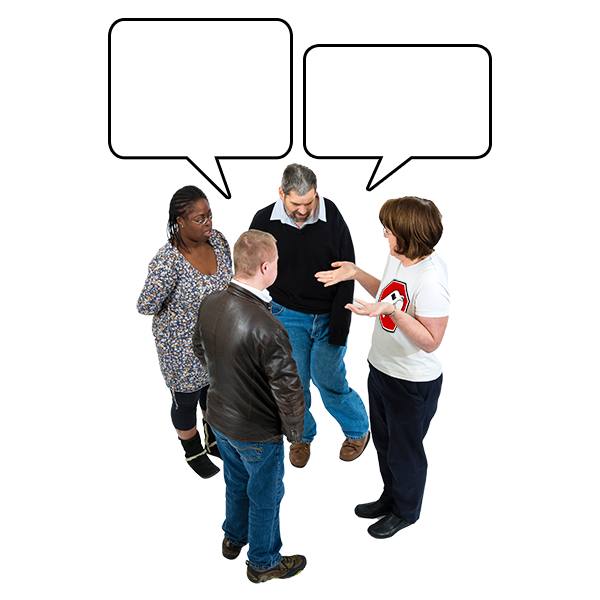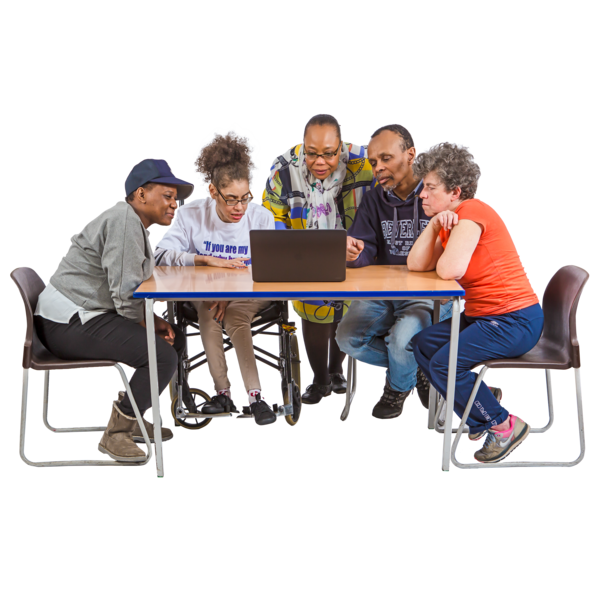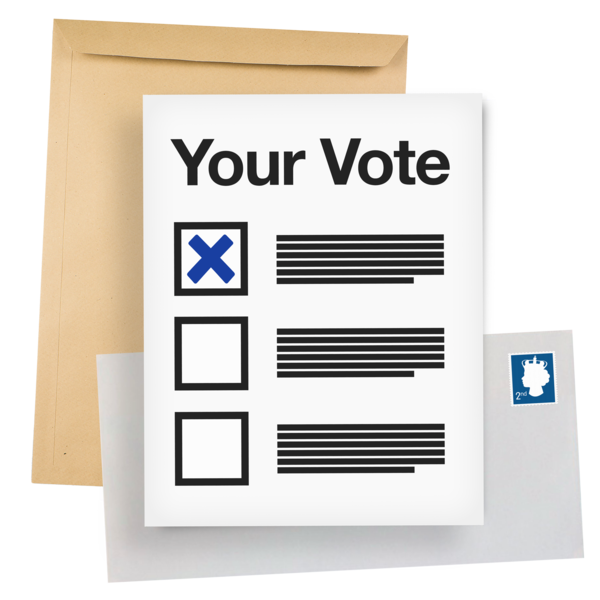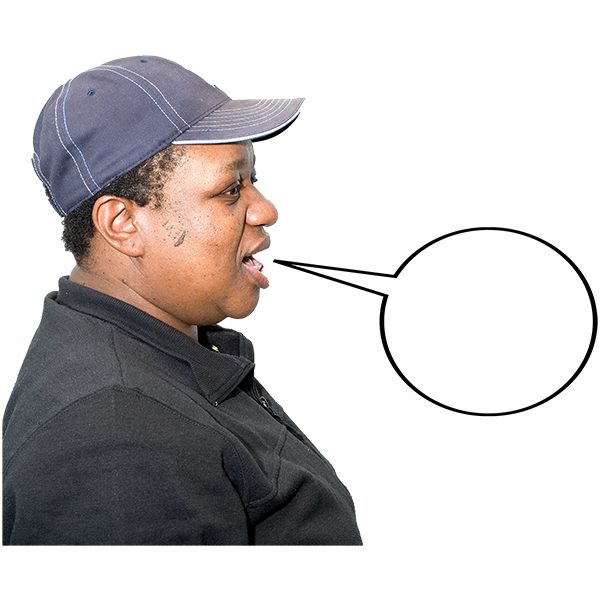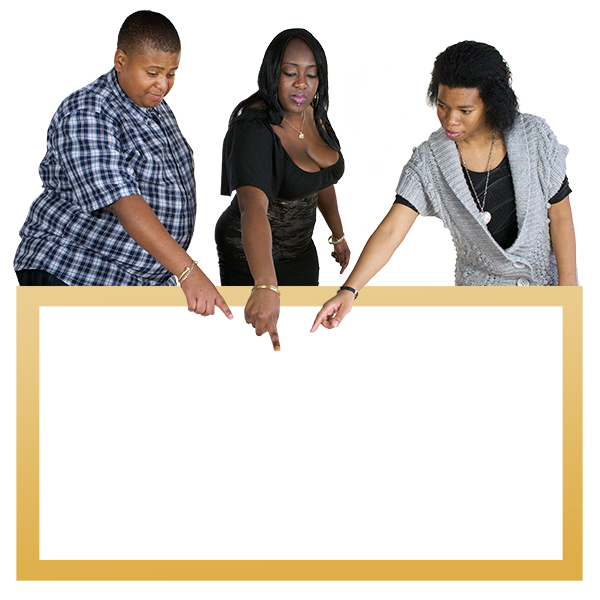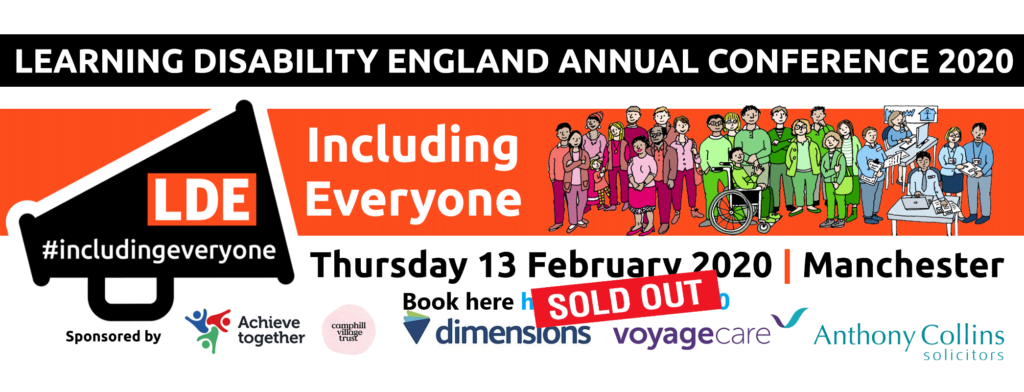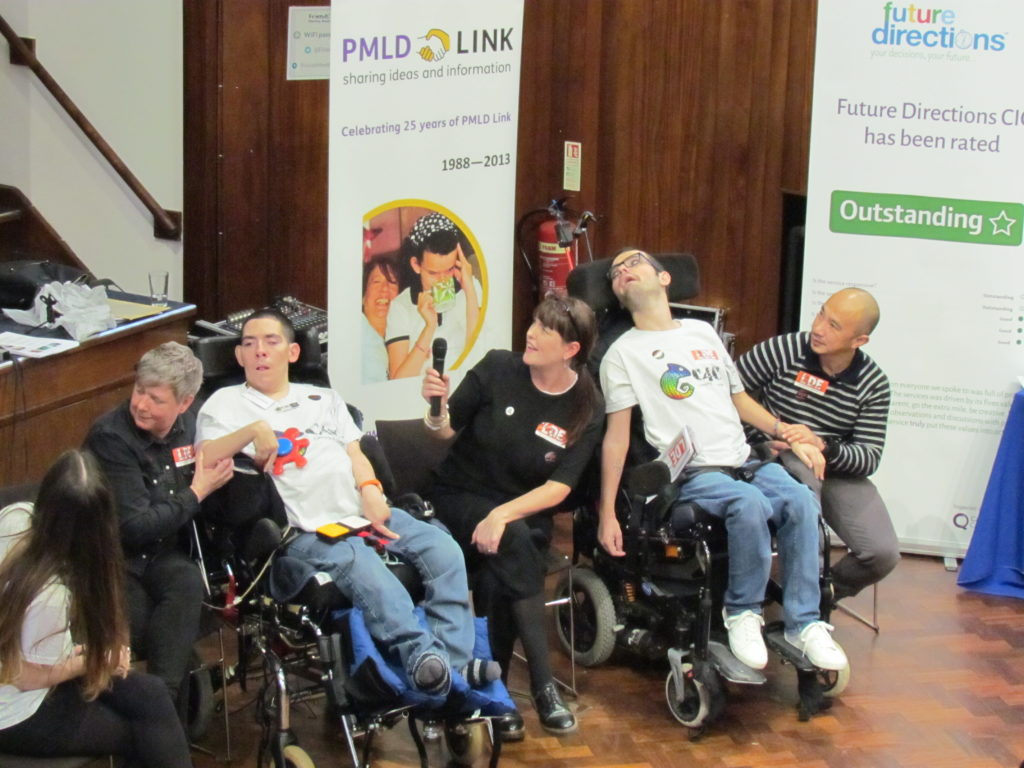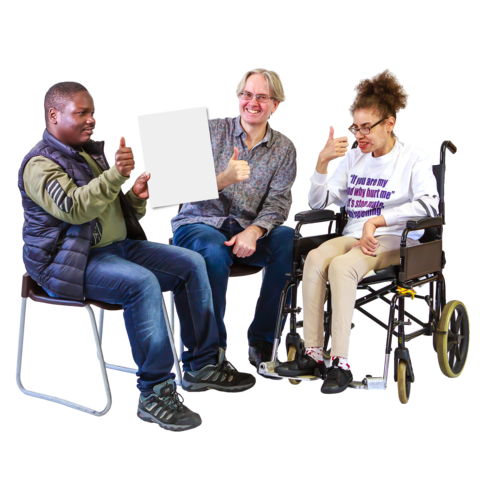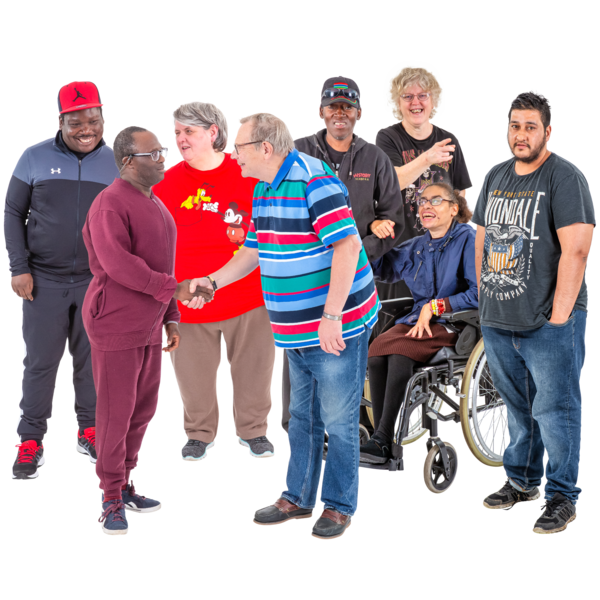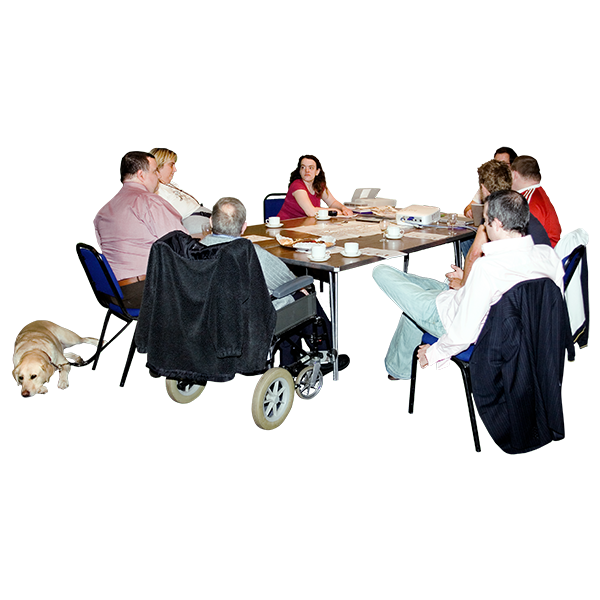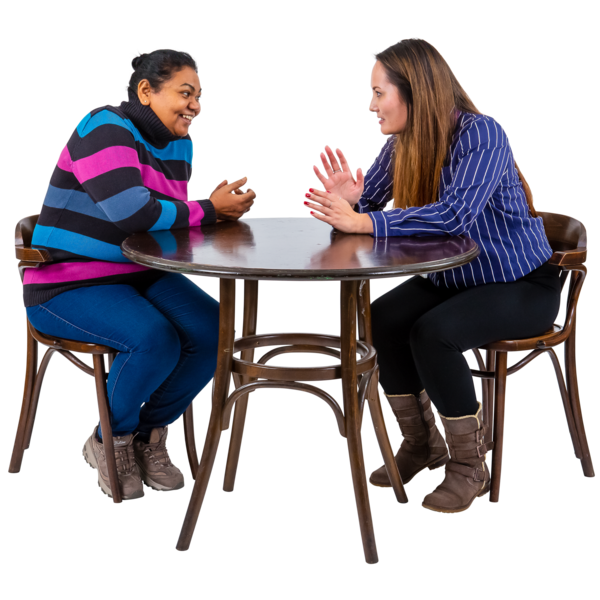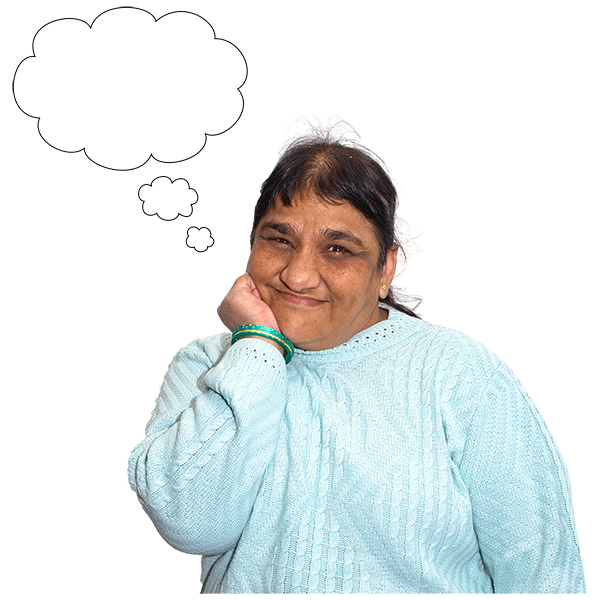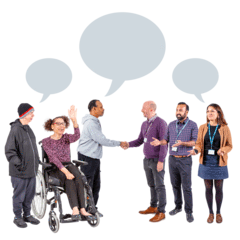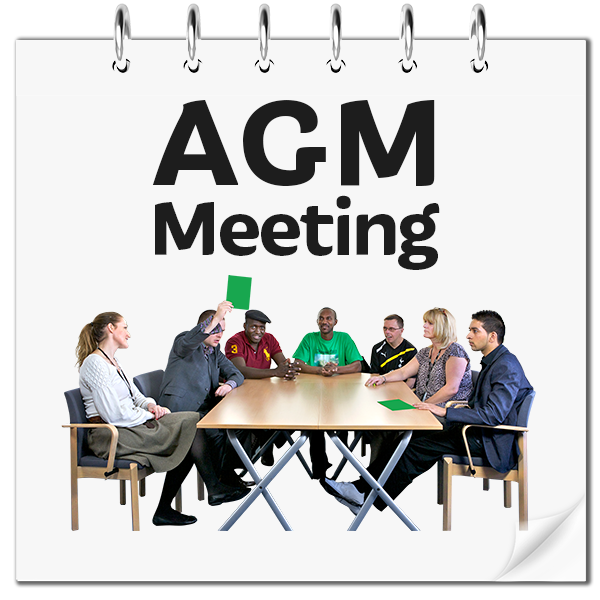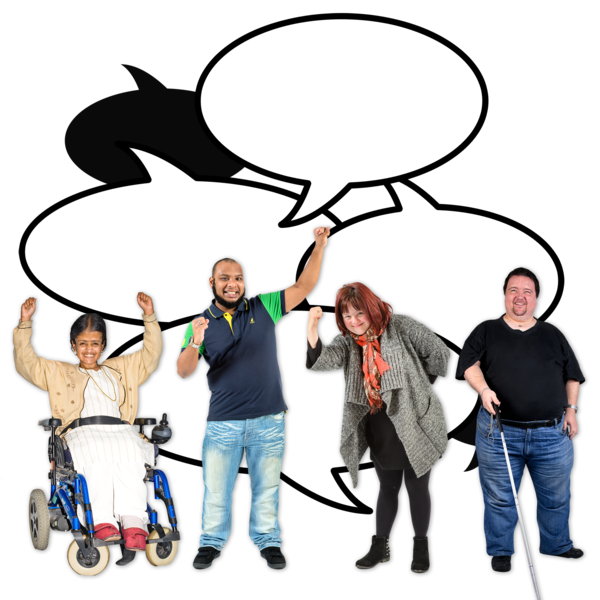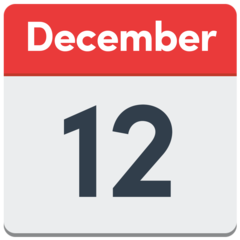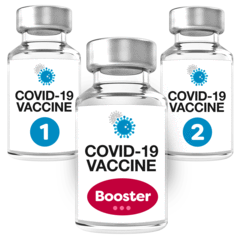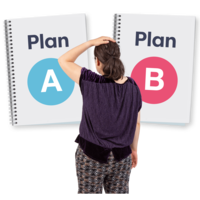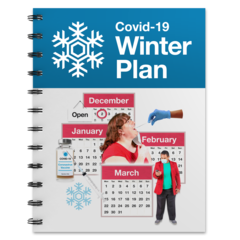What happens during and after my appointment
Learning Disability England is bringing people and organisations together to create a movement for change where people with learning disabilities, families, friends and paid supporters come together on an equal basis.
We organise our membership to reflect three different experiences and voices:
– Self-advocates (including self-advocacy organisations)
– Families and friends (including family carer and support organisations)
– Paid supporters and partners (including individuals who work in social care, service providers, commissioners, universities, development agencies and others)
Membership of Learning Disability England is an opportunity:
Up to date information, news and resources including a weekly email newsletter.
Help to be well connected and not isolated by joining a network of like-minded people and organisations.
Access to events, meetings and conferences we run at a reduced rate or free where we can.
This includes being entered into a lottery for a free ticket to our annual conference.
A say in what Learning Disability England does day to day.
Groups and organisations also benefit by:
Helping your organisation’s mission
By supporting work or campaigns you agree with.
By contributing to a wider benefit to your community of interest or
beneficiaries.
Helping change and improve what you do
You get good information, solutions to problems and new ideas through facilitated co-production and quality and improvement tools and networks.
Everyone is challenged, based on rights and people with learning disabilities’ priorities – a conscience and a help.
Facilitated problem-solving networks or debates on issues that face people and organisations including policy and practice changes.
For example, Learning Disability England members have worked together on challenging the misuse of DNAR notices and directly influenced the work on stopping them.
Paid supporter organisational members with a turnover of £1 million or more get a free place at the annual conference.
Enhanced paid supporter organisational members also get 2 days of free direct support from the Learning Disability England team on a relevant issue chosen by the member.
We work hard to make sure that people with learning disabilities’ voices are strong in Learning Disability England and not drowned out.
So we keep a check on what experiences individual members bring, as well as making sure organisations do not have more say on what we do because they are big or have more money.
What we do when things go wrong
If a member behaves in a way that may go against our beliefs or policies, Learning Disability England follows a set process to decide if they should leave.
Learning Disability England aims to have a strong and positive network of members with shared aims and who work well together and support each other.
To achieve this, Learning Disability England has policies in place that state our beliefs as an organisation and how we expect members to behave.
Learning Disability England develops these policies by speaking to members about what’s important to them and adopting good policies that already exist.
If Learning Disability England is told or finds out that a member is behaving in a way that goes against our beliefs or policies, we will follow our Members Working to Shared Aims Policy and Operational Procedures.
Learning Disability England does not exist to check on members.
But it does not want to stand by if any members are not acting in line with the
aims and values.
And in line with these values, Learning Disability England service or support organisation members must always involve people and families in decision making about their lives – ‘nothing about us without us’.
We will always remember that:
• Learning Disability England’s membership has people who share the same aims but might do things in different ways.
• Members must agree with our four aims and act in line with them and the values.
• We do not expect any Learning Disability England member to be perfect. We do expect them to be trying to do things better and learn from mistakes.
But if there is a big problem that we cannot sort out, the member might have to leave Learning Disability England.
If a member is asked to leave but they disagree with the decision, the member can appeal to a sub-group of Trustees or Rep Body members. Their decision will be final.
Making sure members are equal and heard
Equality is a big issue for people with a learning disability and Learning Disability England. That’s why we work hard to make sure every member is treated equally and their voice is heard.
A key way all members are treated equally is by giving them only one vote each on big Learning Disability England decisions.
So whether you are one person with a learning disability, a family member or friend, or a small or big organisation, you only get one vote.
Each member also has an equal vote on who should represent them on Learning Disability England’s Representative Body.
The Representative Body acts on the behalf of members and makes important decisions about what Learning Disability England says and does.
The Representative Body also plays a key role in deciding whether a member should leave or not when things go wrong.
Covid 19 vaccine, booster and treatment information UPDATED 24/01/22
This page was UPDATED on 24 JANUARY 2022
This is because the Omicron variant of the virus is spreading quickly.
Keep Safe from PhotoSymbols has made some new posters about Omicron and the booster.
See the Keep Safe resources here
There are 3 ways to book your booster:
- You can book an appointment online: Book online here
- You can find a walk in vaccination centre and just turn up for your booster. Find walk in centres here
- You can book via your GP. Contact them if you’re not sure
In January 2022 the government announced some changes to testing and isolating.
This was part of Plan B because of the Omicron variant.
Inclusion North has made an easy read newsletter and a video about this.
Read the easy read news here
Watch the video here
If you can’t find the information you need and your GP can’t help, these organisations have telephone helplines:
Challenging Behaviour Foundation Family Support Line: 0300 666 0126
Mencap learning disability helpline: 0808 808 1111

